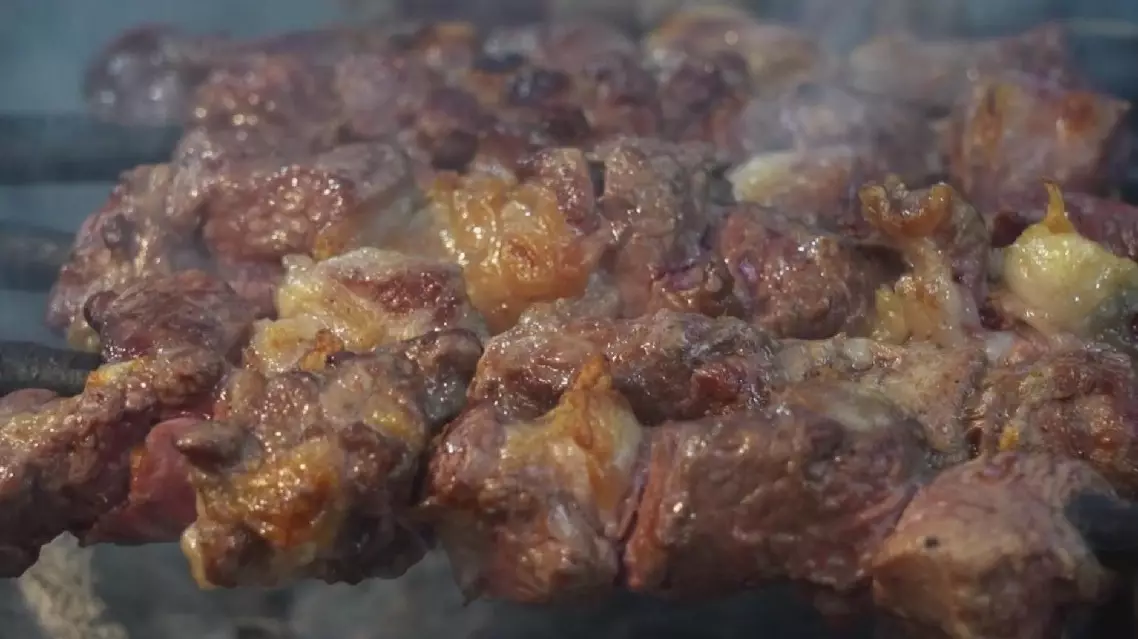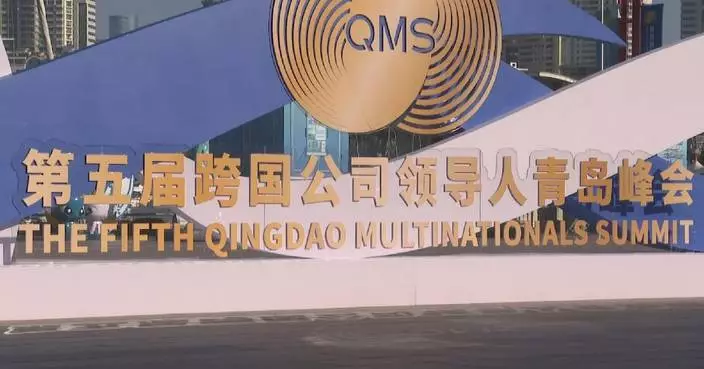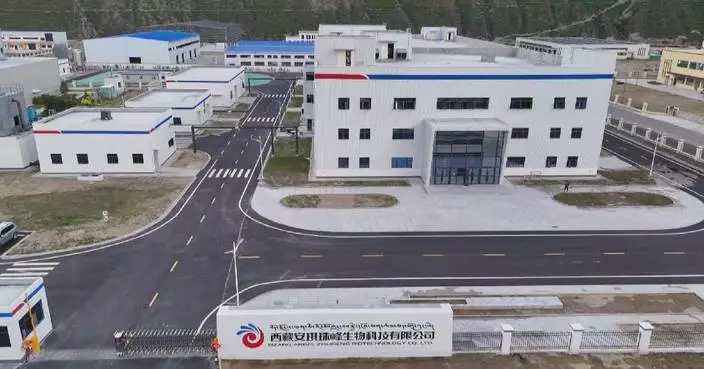The 30th China Lanzhou Investment and Trade Fair (CLZITF) concluded on Wednesday in northwest China's Gansu Province with more than 1,300 deals worth about 604 billion yuan (about 83 billion U.S. dollars) signed.
The volume and number of deals are up 7.7 percent and 13 percent, respectively, from last year's fair.
The five-day international event attracted a total of more than 40,000 delegates from 37 countries and 27 domestic regions as well as Hong Kong, Macao and Taiwan.
This year's edition signed 1,325 deals worth 603.955 billion yuan (about 83 billion U.S. dollars), covering areas of new energy, petrochemicals and chemicals, equipment manufacturing, special agricultural products and food processing, among others. The total amount of individual deals of more than one billion yuan approached 392 billion yuan (about 53.83 billion U.S. dollars), accounting for 64.86 percent of the total.
First held in 1993 in the provincial capital Lanzhou, the CLZITF has emerged as a major event for Belt and Road economic and trade cooperation.

Over 600 billion yuan of deals inked at trade fair in northwest China

Over 600 billion yuan of deals inked at trade fair in northwest China
A popular food street in Urumqi, the capital city of northwest China's Xinjiang Uygur Autonomous Region, has gone viral for its authentic Xinjiang cuisine so far this summer.
The Xinjiang Uygur Autonomous Region has a vast territory, a multi-ethnic population, and a delectable cuisine. Almost every Xinjiang dish can be found at the food street. With its affordable prices and authentic taste, it's been the hottest food street on social media since last year.
"We are from Foshan, Guangdong Province. We followed the guide on social media to this street. The food here is very delicious," said a tourist.
Delicious food is the magic magnet here. Merchants from Hotan in southern Xinjiang have settled here since the 1960s, bringing their local cuisine with them. The street is named after the city. This community has also become a paradise for local foodies, who come from more than 20 Chinese ethnic groups, such as Uyghur, Kazakh, Hui and Han.
"We are five brothers, we're from Hotan. Our beef and mutton are freshly delivered from northern Xinjiang every morning. We only provide the highest quality food for everyone," said Aysajan, a restaurant owner.
Tourism in Xinjiang has soared in recent years. In the first half of this year, Xinjiang received more than 11 million tourist visits, an increase of 16 percent year on year. The huge number of tourist visits has also stretched the resources of this ordinary residential area. Community workers have set up service stations to provide water, medical kits, AEDs (automated external defibrillators) and so on to tourists.
"Hotan Street is only 600 meters long, has 192 shops. Now we are restricting vehicles from 12 in the morning to 12 noon, and we arranged six restrooms especially for tourists," said Sun Yingying, community Communist Party committee secretary of Hotan Street.
"We have become very popular since March last year. We originally made lamb barbecue buns, but tourists prefer beef, so we changed to beef. We haven't raised prices ever and will not in the future," said Alpha, a restaurant owner.
Xinjiang has lots of hidden treasures for tourism. The sudden wave brought by social media is also pushing the local government to continuously improve services for tourists, and keeping up the vitality of the tourism economy.

Famous food street in northwest China's Xinjiang improves services to attract tourists











